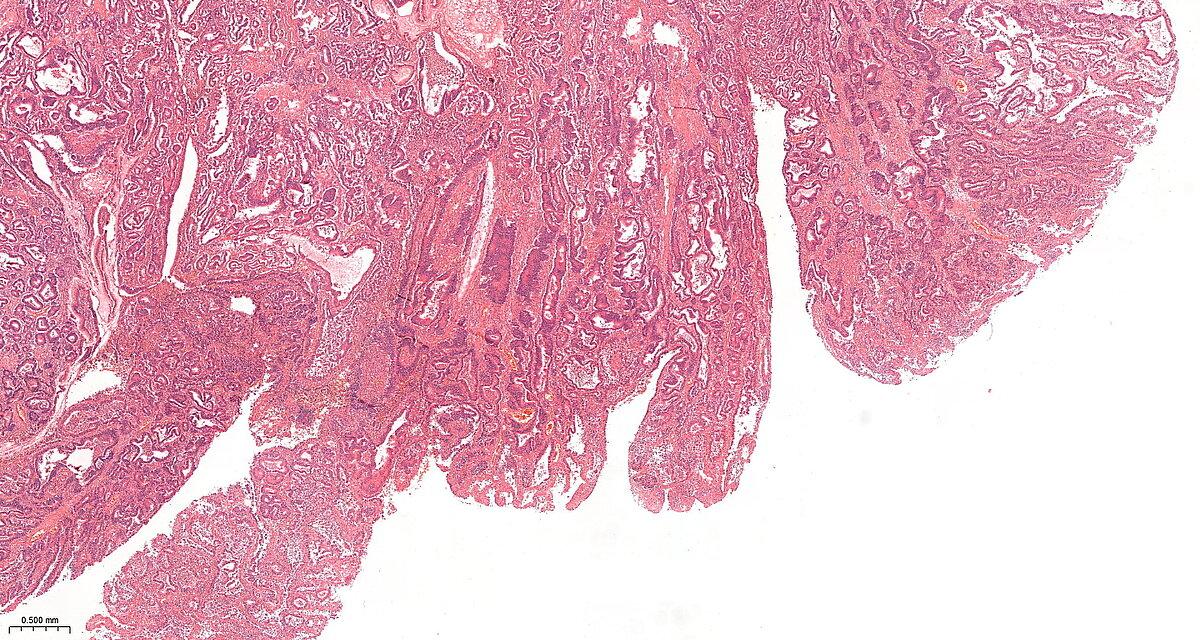Artificial intelligence (AI) can provide support to doctors in disease prevention, as well as during diagnosis and treatment. To promote the development of this field, including in Latvia, the Institute of Clinical and Preventive Medicine at the Faculty of Medicine and Life Sciences of the University of Latvia (UL ICPM FMLS) participates in international projects focused on AI creation and implementation, especially in diagnostics and screening. For example, AI support in cancer screening programs in the EU is being evaluated in the EUCanScreen project, while machine learning and AI models are being developed for lung cancer risk assessment in the LUCIA project and for early gastric cancer diagnostics in the AIDA project.
One of UL ICPM FMLS's projects, where the institute is involved in AI training and development, is AIDA – an AI-based diagnostic assistant for detecting gastric inflammations, which could help detect gastric cancer or various precancerous conditions.
In the project countries – Latvia, France, Spain, Lithuania, and Portugal – data has been collected for about a year, consisting of tissue images showing different precancerous or cancerous conditions. In these images, experts – pathologists – have marked areas where cancerous or precancerous cells are visible.
These images are used to train AI models that will be able to recognize these pathologies in new samples. The trained AI models will then be used in the project's overall early cancer detection platform or in a separate program, providing pathologists with information about the pathologies in the images and characterizing their severity.
"The first results are already in – after a year of successful collaboration between UL ICPM FMLS and researchers from the Institute of Electronics and Computer Science – in a simple task, the AI recognizes cancer-affected cells with 92% accuracy. But we will continue to work towards achieving even better results," says Inese Poļaka, leading researcher at the UL FMLS Institute.
In order for AI to "recognize" cancer cells, images of various types of gastric cancer and precancerous conditions must first be collected. In these images, pathology specialists mark the affected tissues, thus documenting their knowledge, which is then transferred to the artificial intelligence, training it on these labeled images.
"The raw material comes from the UL ICPM FMLS biobank, which contains samples of pathological gastric mucosa fragments, stained with hematoxylin and eosin – the most commonly used staining method in practice. This specimen is scanned with a special scanner, producing a digital file of approximately 5-6 GB, in which cancer cells are visible at various magnifications. We then process this file, outlining the boundaries of the tumor," says Jānis Ziemelis, a resident doctor in pathology at Riga East University Hospital.
These files are then analyzed by AI, which learns by comparing images with and without tumors. Based on the processed information, a model is developed that the AI will use in the future to identify cancer cells. The more samples that are collected, the better the AI will become. The next phase of the project will involve the analysis of precancerous conditions.
"The biggest challenge for pathologists is marking tumor complexes in specimens where there is uncertainty about whether the scattered cells belong to a tumor complex or something else, like an inflammatory infiltrate. To clarify this, additional tests are performed, such as immunohistochemical examination, which specifies the tumor's boundaries and location within the layers of the stomach wall," emphasizes Jānis Ziemelis.
"In the AIDA project, when developing the AI system, we are also giving special attention to the ethical, transparent, and verifiable development of AI, based on EU guidelines," says Inese Poļaka, adding that AI in medicine is a very relevant topic. She predicts that the global market for AI medical solutions will grow by 40% annually, reaching 173 billion USD by 2029. In medicine, AI has great potential in data processing, diagnostics, prevention, microbiome analysis, and the analysis of various sensor data aimed at detecting diseases.
